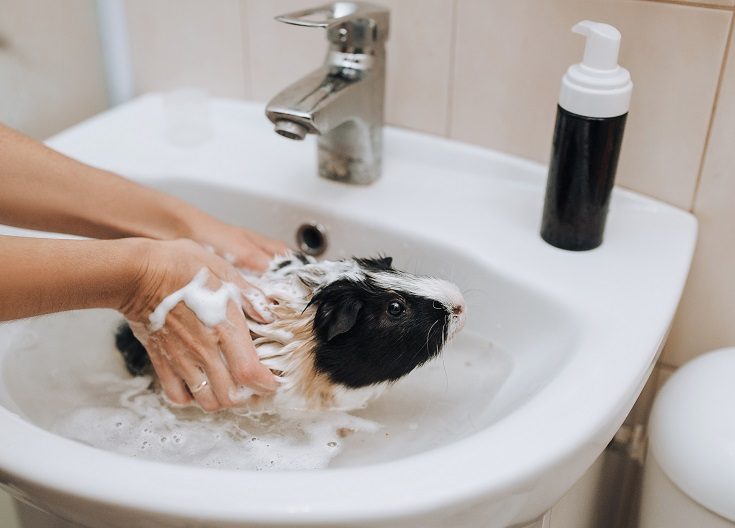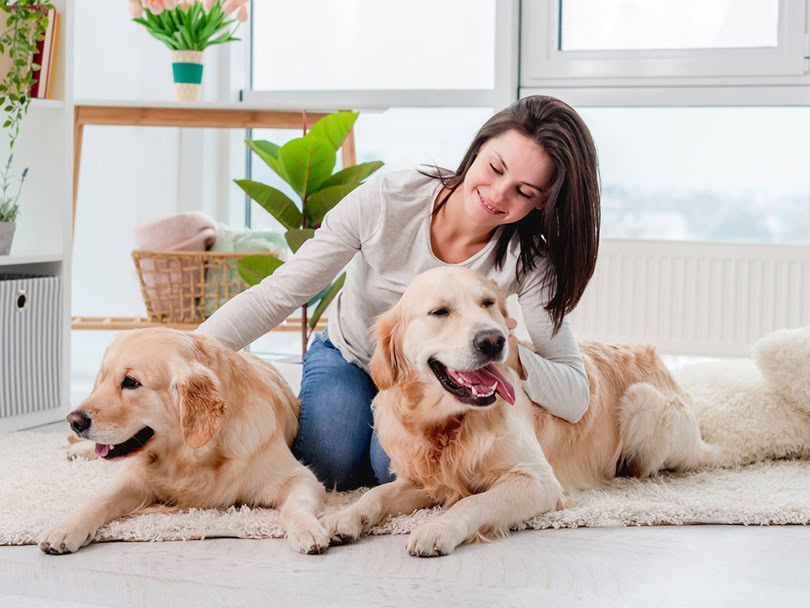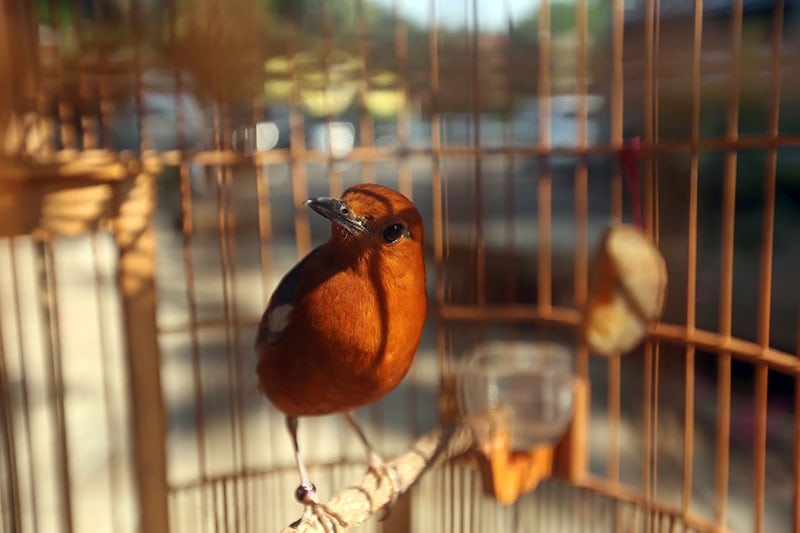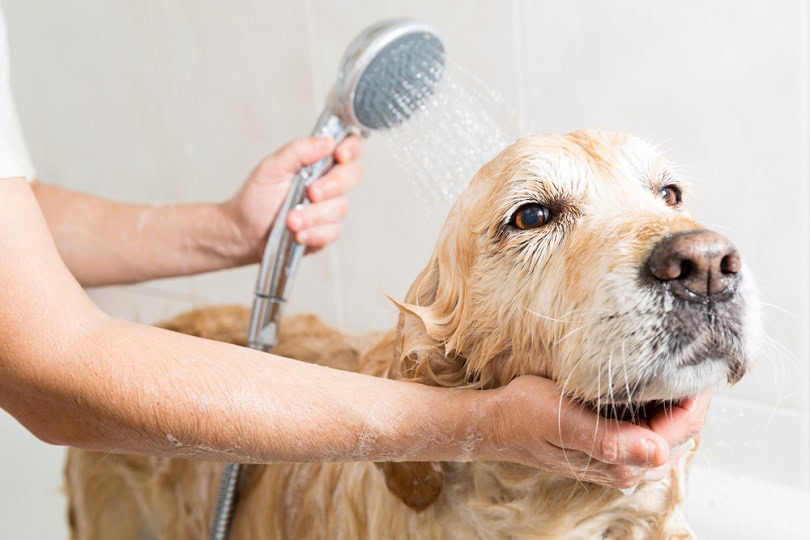Click to Skip Ahead
Guinea pigs are fastidious little creatures that groom themselves and their family every day. However, sometimes they need help staying clean.
If you’re out of guinea pig shampoo or the ones you’ve tried don’t agree with your furry buddy, you could be in a tight spot. Have no fear! We’ve compiled a list of seven safe and effective alternatives that will help you keep your guinea pig clean and healthy.

The 7 Safe Alternatives to Guinea Pig Shampoo
1. Warm water
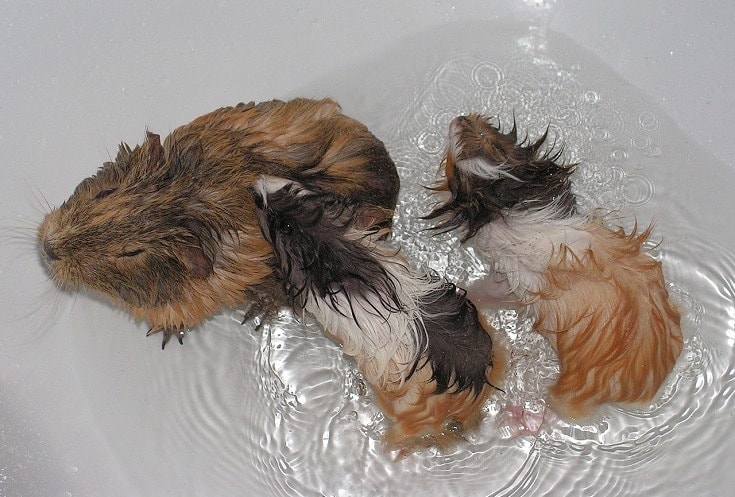
Most of the time, the simplest solution is the best.
There are very few situations in which your guinea pig cannot be cleaned well using clean, warm water. Even if your piggy looks a bit grimy, it is often better to eschew soaps because they tend to over-dry and strip oils from the skin and hair.
- Completely safe and non-toxic
- The gentlest option, no chemicals or scents
- Will not dry out skin and hair
- Even safe for faces
- May not be enough for truly filthy pigs or specific medical conditions
2. Earthbath Hypo-Allergenic Shampoo

Earthbath is a respected company that produces pet shampoos. Its hypoallergenic formula is soap-free and contains no harsh chemicals. Plus, it is cruelty-free and eco-friendly.
This shampoo is recommended for a variety of animals, and you can use it on most of your other pets.
- All natural, safe, and gentle
- Biodegradable, sustainably made
- Tearless formula
- Does not dry out the skin
- Aloe vera hydrates and preserves natural skin oils
- No soap, water, and super-mild coconut cleanser base
- Multi-pet cleaner
- Unlikely to have around the house
3. Cloudstar Buddy Wash

Cloudstar’s dog shampoo is lightly scented and made from natural ingredients that won’t dry out your guinea pig’s skin. It’s best to dilute the shampoo and test it cautiously on your guinea pig’s skin before thoroughly bathing them with it.
However, you can also use it on cats and dogs.
- Gentle, all-natural ingredients
- Coconut-based formula
- Will not dry out skin
- Multi-pet cleaner
- Does not come unscented
- Formulated for dogs, test cautiously
- You may also like: PetArmor Plus vs Frontline Plus: What’s the Difference? (Vet Answers)
4. Aveeno Oatmeal Bath
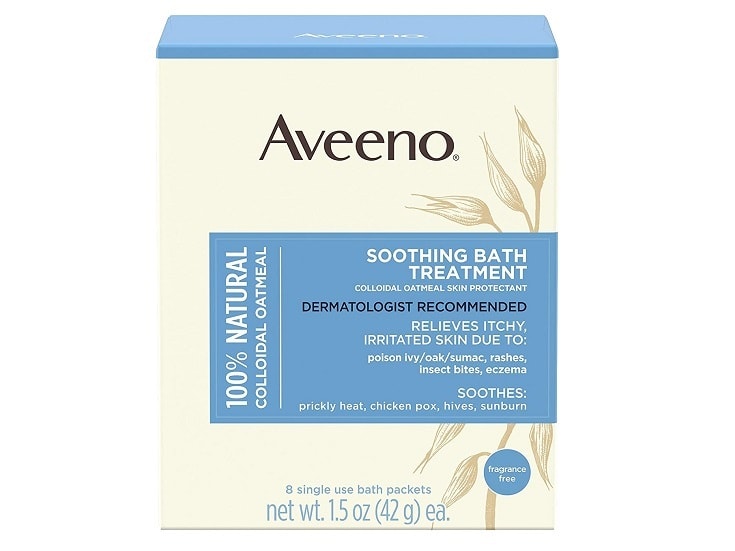
If you’ve ever fallen in a patch of poison ivy or had chicken pox, you might have taken an oatmeal bath. Aveeno’s 100% colloidal oatmeal is also a safe bath for guinea pigs if used in small amounts.
Although it’s non-toxic and edible, it’s best to prevent your guinea pig from eating the oatmeal.
- Technically edible, non-toxic
- Gentle, no fragrance
- Naturally hydrates skin
- Soothes skin irritation and itching
- Inexpensive
- Does not clean any better than plain water
- Not healthy if consumed
5. All-Natural Apple Cider Vinegar (Diluted)
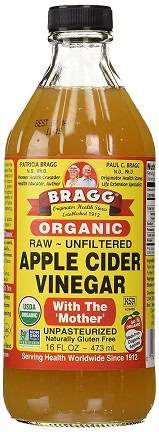
While it is true that apple cider vinegar has many health benefits for internal and external use, it is inadvisable to use as a sole cleaning solution. It is highly acidic and strongly scented, and undiluted it could hurt your guinea pig.
However, you can use it sparingly. A small amount of apple cider vinegar diluted in clean water has antimicrobial properties that can help break down tough urine stains and smells on fur.
- Non-toxic, safe to ingest in small amounts
- Antimicrobial and removes smells and stains
- Found in most kitchens
- Cannot be used alone, must be diluted
- Distinctive odor takes time to dissipate
- Must be kept out of eyes and ears
6. Unscented Baby Shampoo (Diluted)
Baby shampoo diluted in clean water may be a decent stand-in for guinea pig wash.
It is safe for highly sensitive skin, but some claim the gentle ingredients could dry out your guinea pig’s skin. If using baby shampoo, go for an unscented formula and dilute it in large amounts of water before testing it on your furry buddy.
- Often unscented
- Formulated for sensitive skin
- May dry out skin
- Needs to be diluted
- Might still have chemicals that could irritate
7. Unscented Dish Soap (Heavily Diluted)
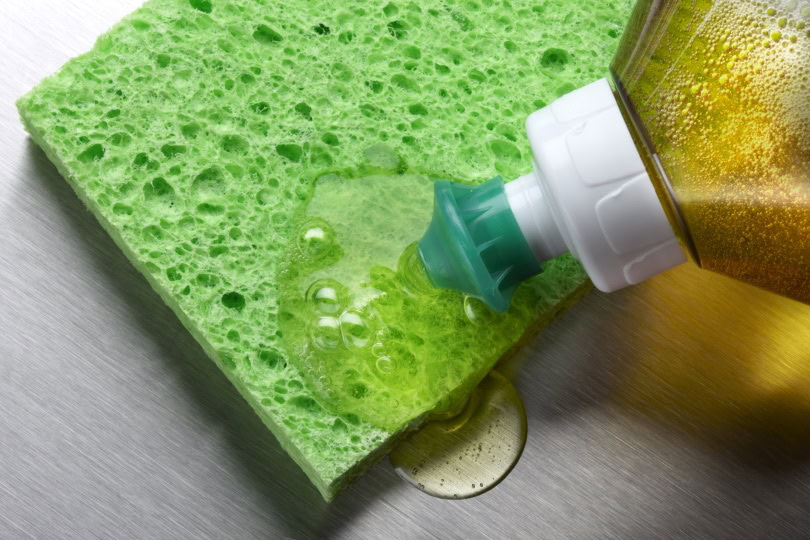
It’s only safe to use dish soap for cleaning your guinea pig if it is free of harmful chemicals, unscented, and preferably formulated for sensitive skin.
However, you should never use concentrated dish soap. Dilute a gentle dish soap in a large amount of clean water to lower the risk of stripping necessary oils from the skin and irritating your guinea pig.
- Can be found around the house
- Some varieties are scent-free and gentle
- Inexpensive
- Many dish soaps are heavily fragranced
- Most dish soaps strip oil and could dry skin
- Most varieties contain harsh chemicals
- Cannot be used alone, must be diluted or mixed
- Must be kept out of eyes and ears

What to Avoid
Human Shampoo
Have you looked at the ingredient list on your shampoo bottle lately? There are so many chemical compounds and artificial scents! And for a creature as sensitive and small as a guinea pig, you simply should not take the chance
Parabens, Phthalates, and Sulfates
Avoiding chemicals that could harm your guinea pig is of utmost importance. Parabens, phthalates, and sulfates are chemicals in many beauty products and soaps that can be irritating and harmful to your guinea pig’s skin.
Some soaps contain formaldehyde, so never take a product at its word that it is safe. Check the ingredient list of any product you plan to wash your guinea pig with, and look up every ingredient you don’t recognize.
Heavy Fragrances
Fragrances in soaps are often made from harsh chemicals that could irritate your sensitive little piggy’s skin or strip their natural oils. Heavy, artificial scents may have the added danger of harming your guinea pig’s lungs.
It’s better to stick to unscented soaps, but naturally scented products that are not overwhelming may also be appropriate.
Cedar Oil
Some animal shampoos use cedar oil as a natural flea and tick repellent. However, cedar and pine oils can cause respiratory issues for guinea pigs and many other small animals. Though it sometimes takes chronic exposure to do severe damage, it is better to avoid cedar entirely.
Undiluted, Scented Dish Soaps
You may have seen volunteers cleaning oily penguins and sea creatures with dish soap and assumed it was a safe and gentle option. However, for guinea pigs, undiluted dish soap is simply too harsh.
Guinea pigs have an oil on their skin and hair that keeps them healthy, and most dish soaps will strip it away and leave the skin dry and irritated.
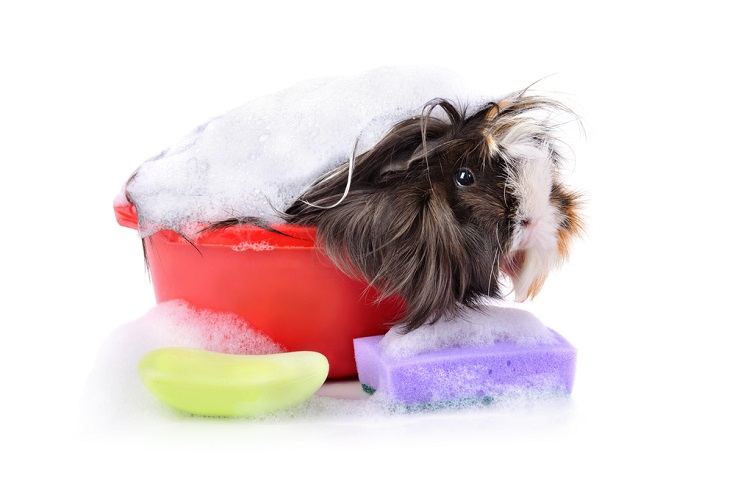

How to Bathe a Guinea Pig
Guinea pigs are excellent at grooming themselves and rarely need a bath if their cages are kept clean and the litter is replaced regularly.
With a clean environment guinea pigs should not need to be bathed more than once every 2–3 months. If you notice your piggy is a little dirty, try spot-cleaning them with a damp, warm cloth before a full-on bath.
However, if your guinea pig has a medical condition that requires bathing or just got really dirty, here are some tips on giving your guinea pig a bath that will make it easy and stress-free for your little friend.
Location
Pick a clean, enclosed space for bathing your guinea pig. A bathtub might be too big and cause anxiety for your little buddy, but a large bowl or clean kitchen sink is just the right size.
Tools
You will need a tub, a small cup, a cleaning solution, warm or tepid water, a dry towel, and perhaps a hand towel for gently cleaning any problem areas.
Do not leave your guinea pig in a bath alone for any amount of time. Gather everything beforehand and have all your piggy cleaning tools within reach. That way, you won’t fumble around and worry about your pet running away from their bath!
Water
The temperature of the water you use to bathe your guinea pig should be neither too hot nor too cold.
Fill the bath with enough water that your guinea pig can stand in it without struggling to breath. You can gently drizzle water over them, making sure to keep water out of their eyes and ears. Never dunk your little pet underwater!
Drying
After their short bath, immediately transfer your piggy to a dry towel. A wet guinea pig is a chilly guinea pig, so gently towel-dry them before you release them into their cage.


Summary
Since guinea pigs rarely need baths, it is possible that when you need a good shampoo, you can’t find any convenient options. Luckily, there are several safe and effective guinea pig shampoo alternatives, and a few may already be lying around your house!
We hope that this list, the tips on what to avoid, and the basics of bathing guinea pig bath will help you keep your piggy friend happy, healthy, and sparkling clean.
Happy bathing!
- Related Read: Can You Use Ferret Shampoo On Guinea Pigs?
Featured Image Credit: Shchus, Shutterstock
